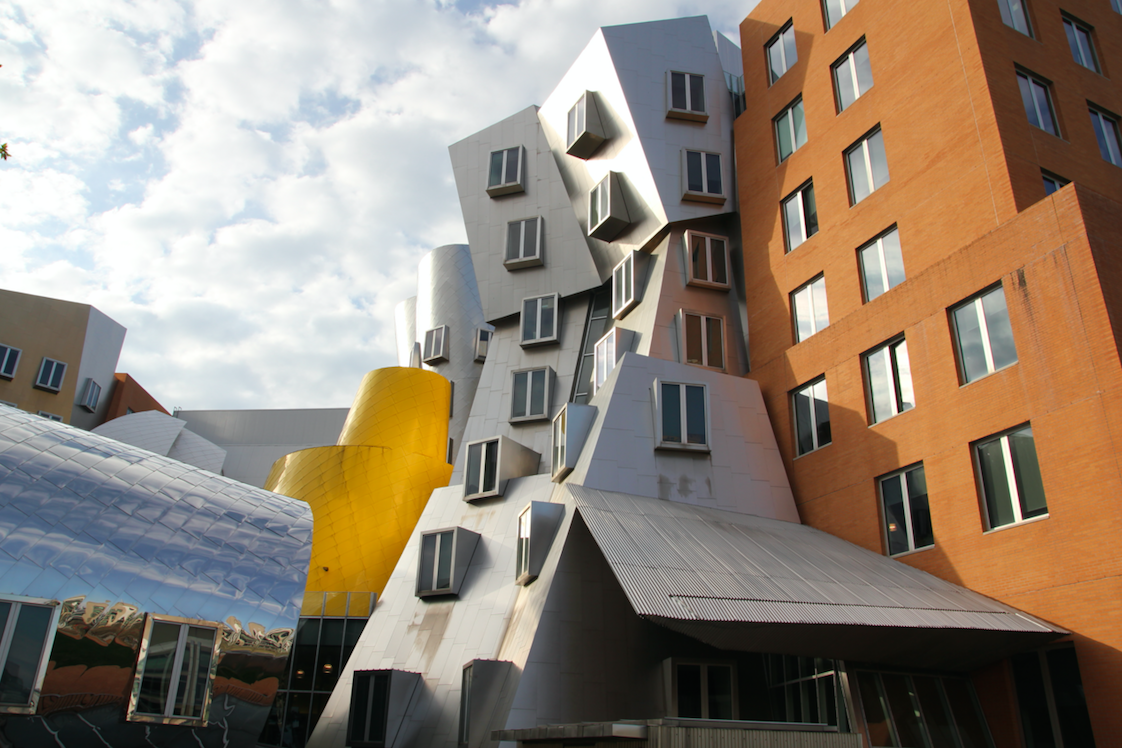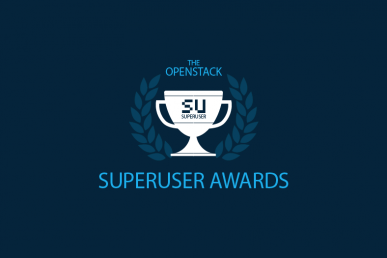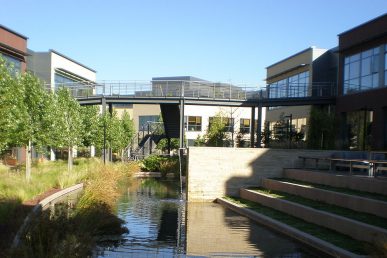It’s time for the community to help determine the winner of the Superuser Award to be presented at the OpenStack Boston Summit. Based on the community voting, the Superuser Editorial Advisory Board will review the nominees and determine the finalists and overall winner.
Now, it’s your turn.
MIT Computer Science and Artificial Intelligence Lab (CSAIL) is among the seven nominees for the Superuser Awards. Review the nomination criteria below, check out the other nominees and rate the nominees before the deadline Tuesday, April 4 at 11:59 p.m. Pacific Time Zone.
Please specify the team and organization for nomination.
The team is the Infrastructure Group (TIG) from the MIT CSAIL.
How has OpenStack transformed your organization?
Our older virtualization platform required administrators to provision systems, meaning changes were only available during ‘normal’ hours, which rarely mapped to research hours. Overall, OpenStack allowed us to multiply our virtualization environment by 20 with no additional staff, while also providing much greater flexibility and functionality to users. All CSAIL members, from professors to undergraduates, can now launch a system or cluster of systems to test their latest idea instantly at any time of the day or night at no cost and requiring no external approval so long as it fit within their personal quota allocation. Larger allocations are still managed through help ticketing, but with a few clicks we can easily provision thousands of cores and terabytes of memory to larger research projects.
How have you participated in or contributed to the OpenStack community?
CSAIL has been very active in the user community, sending participants to every OpenStack Summit since the Fall 2012 summit in San Diego and most Operator mid-cycle meetups. Team members have also participated in OpenStack Days regional meetups in New York City and as invited speakers at OpenStack Days Istanbul. Team member Jon Proulx is currently the longest serving member of the OpenStack User Committee, a past contributor to the Documentation project and one of the original authors of the “OpenStack Operations Guide.” These investments in time and travel are key components in ensuring the software we rely on continues to have a robust community for support and development.
What open source technologies does MIT CSAIL use in its IT environment?
CSAIL, through our antecedent labs the Lab for Computer Science (LCS) and the Artificial Intelligence Lab (AI LAB), has always been at the forefront of free software, open standards and open information. Our faculty have worked on foundational Internet technologies. We host the World Wide Web Consortium’s Americas office. Both the Free Software Foundation and Creative Commons include CSAIL members among their founders. While we don’t exclusively use open source software, it is fundamental in our environment. In light of this and the breadth of research done at CSAIL, it would be challenging to find a major open source project that didn’t have at least some presence in our environment.
What is the scale of your OpenStack deployment?
We’ve been running production workloads since our upgrade from Essex to Folsom in October 2012. Currently our cloud has 82 hypervisors with 1,220 physical cores (2,440 apparent cores due to hyperthreading) and 10 terabytes of RAM, typically running over 1,000 instances at any given time. Since August 2013, when we started maintaining long term utilization data, we have run 688,125 instances totaling over 100 million vCPU hours.
What kind of operational challenges have you overcome during your experience with OpenStack?
With a small team of eight people across which only about 1.5 full time employees are available to spend on OpenStack operations, the greatest challenge, by far, is keeping up with the six-month upgrade cadence. Testing upgrade/orchestration takes significant time and is by far the largest fraction of the time we spend managing OpenStack.
How is your team innovating with OpenStack?
We currently testing GPU passthrough to facilitate our researchers’ machine learning needs. Testing has been positive and essentially just needs hardware funding to move from the current single system to a production host aggregate.
How many Certified OpenStack Administrators (COAs) are on your team?
CSAIL currently has no COAs.
Find out more about the Boston Superuser Awards nominees here, and cast your vote by Tuesday, April 4 at 11:59 p.m. Pacific Daylight Time. Voting is limited to one ballot per person.
Cover Photo of the MIT CSAIL building in Cambridge / CC BY NC
- Demystifying Confidential Containers with a Live Kata Containers Demo - July 13, 2023
- OpenInfra Summit Vancouver Recap: 50 things You Need to Know - June 16, 2023
- Congratulations to the 2023 Superuser Awards Winner: Bloomberg - June 13, 2023

)










